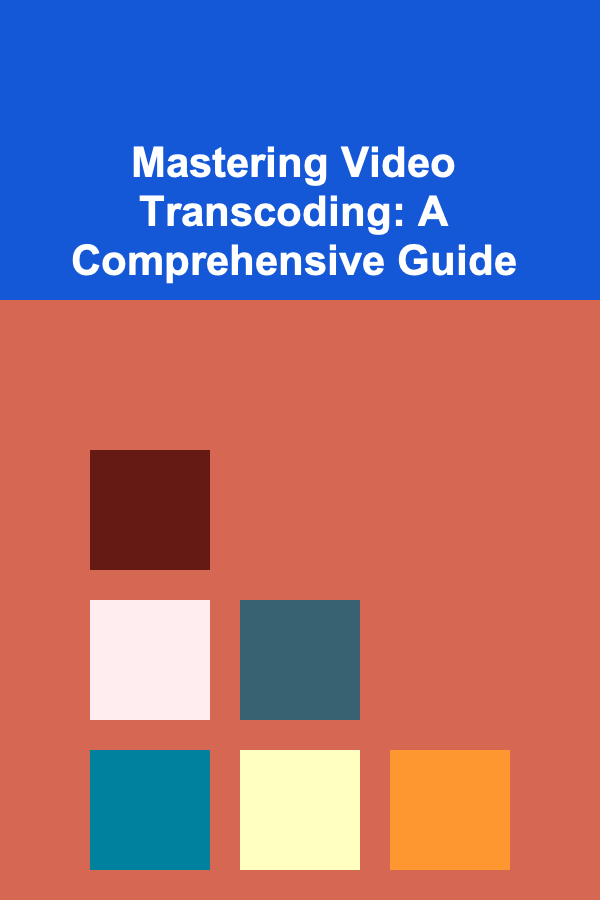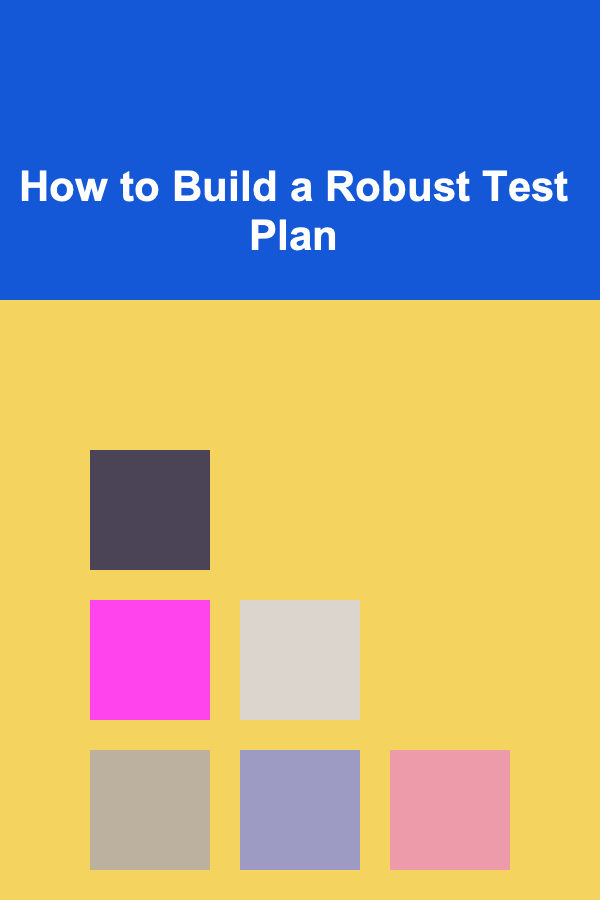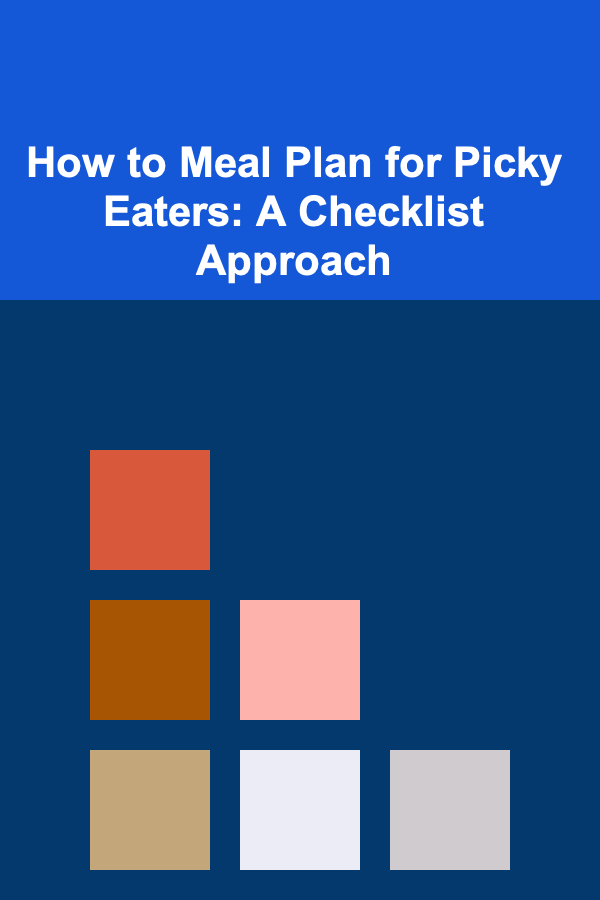10 Tips for Optimizing Your Resume and Interview Expense Tracker
ebook include PDF & Audio bundle (Micro Guide)
$12.99$8.99
Limited Time Offer! Order within the next:
A resume is often the first impression a potential employer has of you, and your interview expense tracker can provide insights into your professionalism and organizational skills. Whether you're a recent graduate just starting out in your career or a seasoned professional looking to make a move, optimizing these two tools is essential for making a positive impact on your job search. In this article, we'll explore 10 tips for optimizing both your resume and interview expense tracker to ensure you're presenting yourself in the best possible light and keeping your job search expenses under control.
Craft a Tailored Resume for Each Job Application
One of the most important things you can do to optimize your resume is to tailor it for each job application. While it's tempting to send out the same resume for multiple positions, customizing your resume for each role can significantly increase your chances of getting noticed.
Why Tailoring Matters:
Employers often receive hundreds of resumes for a single job opening, and they are looking for candidates who are a perfect fit. By customizing your resume to highlight the skills and experiences that directly align with the job requirements, you show that you've put thought and effort into your application.
How to Tailor Your Resume:
- Read the Job Description Carefully: Identify the key skills and qualifications the employer is seeking.
- Highlight Relevant Skills and Experience: Modify your resume to emphasize experience and skills that are directly relevant to the job.
- Use Keywords from the Job Description: Many companies use Applicant Tracking Systems (ATS) to filter resumes. Incorporating relevant keywords from the job description can help your resume get past these systems.
Focus on Action-Oriented Language
Employers want to know not only what you've done, but also how you've done it and what results you've achieved. Using action-oriented language in your resume helps demonstrate your initiative, problem-solving abilities, and accomplishments.
How to Use Action-Oriented Language:
- Start Bullet Points with Action Verbs: Words like "managed," "developed," "led," and "improved" show that you were proactive and contributed significantly to your previous roles.
- Quantify Your Achievements: Whenever possible, include measurable results. For example, "Increased sales by 25%" or "Reduced operational costs by 15%" makes your contributions more tangible.
Optimize the Design and Layout of Your Resume
Your resume should be easy to read and professional in appearance. While it's important to focus on the content, the design of your resume can have a significant impact on the first impression you make.
Tips for Resume Design:
- Keep it Clean and Simple: Avoid clutter and unnecessary graphics. Use a clean, professional layout with clear headings and bullet points.
- Use a Professional Font: Choose easy-to-read fonts such as Arial, Calibri, or Times New Roman. Stick to a size between 10-12 point for the body text.
- Be Consistent: Ensure that your formatting is consistent throughout the document. For example, if you bold one job title, do so for all others.
Incorporate a Summary or Objective Section
Including a summary or objective section at the top of your resume is a great way to briefly highlight your qualifications and goals. This section gives employers a snapshot of who you are and what you're looking for in a role.
How to Write a Summary or Objective:
- Summary: Focus on your key skills, experience, and accomplishments. This is ideal for those with significant experience in their field.
- Objective: Focus on your career goals and how they align with the company's mission. This is ideal for recent graduates or those changing careers.
Keep Your Resume Concise
Hiring managers and recruiters often skim resumes, so it's important to keep yours concise while still conveying the necessary information. Ideally, your resume should be no longer than one to two pages.
Tips for a Concise Resume:
- Prioritize Information: Focus on the most relevant experiences, skills, and achievements for the job you're applying for.
- Remove Unnecessary Details: Eliminate outdated or irrelevant information, such as high school activities if you have several years of professional experience.
Track and Organize Your Interview Expenses
The job search process can involve various expenses, from travel costs to meals, and it's important to keep track of these costs. An interview expense tracker will help you stay organized and ensure that you can claim deductions on your taxes if applicable.
How to Create an Interview Expense Tracker:
- Use a Simple Spreadsheet: A spreadsheet is an easy way to track your expenses. Create columns for the date, description of the expense, category (e.g., transportation, meals, accommodation), and amount.
- Categorize Expenses: Keeping track of different types of expenses will help you analyze your spending and optimize your job search budget.
- Include Receipt Details: Make sure to document the details of each receipt, including the business name, date of purchase, and the amount spent. This is helpful when filing for reimbursements or tax deductions.
Monitor Your Interview Travel Expenses
Travel expenses can add up quickly, especially if you're interviewing for jobs that require long-distance travel. It's important to keep your travel expenses within budget while also ensuring you arrive on time and well-prepared for your interview.
Tips for Managing Travel Costs:
- Book Early: Airfare and train tickets tend to be cheaper when booked in advance. Plan your travel as early as possible to secure the best rates.
- Use Public Transportation: Opt for public transportation over taxis or ride-sharing services whenever possible to reduce transportation costs.
- Look for Accommodation Deals: If you need to stay overnight, consider budget-friendly options such as Airbnb or hotel discounts available through travel websites.
Track Meal and Entertainment Costs During Interviews
Meals and entertainment can also be a significant part of your job interview expenses, especially if you're meeting with a potential employer for lunch or dinner.
How to Track Meal and Entertainment Expenses:
- Keep a Separate Column for Meals: Include details such as the restaurant name, the people you met with, and the purpose of the meeting.
- Set a Limit for Meals: If you're paying for a meal during the interview, set a reasonable budget limit. Look for restaurants that offer affordable yet professional settings for interviews.
- Track Tips and Gratuity: Don't forget to include any tips or gratuities in your tracker as part of your overall meal cost.
Claim Tax Deductions for Interview Expenses
In some cases, you may be able to claim interview-related expenses as tax deductions. While the rules vary depending on your location and tax laws, job-search expenses such as travel, meals, and lodging may be deductible.
How to Maximize Tax Deductions:
- Keep Receipts and Records: Save all receipts and records for interview-related expenses. A detailed expense tracker will be invaluable come tax season.
- Consult a Tax Professional: If you're unsure whether your expenses qualify for tax deductions, consult a tax professional to ensure you're claiming everything you're entitled to.
- Understand Local Tax Laws: Different regions have different rules for job-search deductions, so be sure to understand the regulations in your area.
Stay Organized and Update Your Tracker Regularly
The key to maintaining an effective interview expense tracker is consistency. Make it a habit to update your tracker regularly, ideally after each interview or related expense.
Tips for Staying Organized:
- Set a Routine: After each interview, take a few minutes to update your expense tracker. This will prevent you from falling behind and losing track of important details.
- Review Your Expenses: Periodically review your tracker to ensure that you're staying within budget and that you haven't missed any expenses that could be deductible.
- Backup Your Data: Save your expense tracker in multiple locations (e.g., cloud storage or an external drive) to avoid losing important information.
Conclusion
Optimizing your resume and interview expense tracker are two crucial steps in ensuring a successful and efficient job search. A well-crafted resume will highlight your skills and experiences, making you stand out to potential employers, while a detailed interview expense tracker will help you stay organized and manage your costs effectively. By following the tips outlined in this article, you can present yourself as a professional and proactive candidate, prepared for both the interview process and the financial aspects of your job search.
Reading More From Our Other Websites
- [Organization Tip 101] How to Create a Functional Entryway with Storage Solutions
- [Home Maintenance 101] How to Maintain Your Home's Siding
- [Home Family Activity 101] How to Turn Family "Restaurant" Night at Home into a Five-Star Experience for All Ages
- [Organization Tip 101] How to Designate Spaces for Mail and Important Documents
- [Home Staging 101] How to Make Your Home Look Bigger with Staging Techniques
- [Home Lighting 101] How to Use Uplighting to Highlight Architectural Features
- [Whitewater Rafting Tip 101] 10 Must-Try White-Water Rafting Destinations for Your Bucket List
- [Home Holiday Decoration 101] How to Make Your Bedroom Feel Festive for the Holidays
- [Home Maintenance 101] How to Integrate Chimney Cleaning into Your Annual Seasonal Home Maintenance Guide for Safety and Efficiency
- [Personal Care Tips 101] How to Use Hair Serum to Reduce Hair Breakage and Split Ends

How to Soundproof a Room with Limited Space
Read More
Magnetism Mastery: How to Stand Out by Attracting the Right People
Read More
Mastering Video Transcoding: A Comprehensive Guide
Read More
How to Design Greeting Cards for Specific Occasions (e.g., Pet Birthdays)
Read More
How to Build a Robust Test Plan
Read More
How to Meal Plan for Picky Eaters: A Checklist Approach
Read MoreOther Products

How to Soundproof a Room with Limited Space
Read More
Magnetism Mastery: How to Stand Out by Attracting the Right People
Read More
Mastering Video Transcoding: A Comprehensive Guide
Read More
How to Design Greeting Cards for Specific Occasions (e.g., Pet Birthdays)
Read More
How to Build a Robust Test Plan
Read More